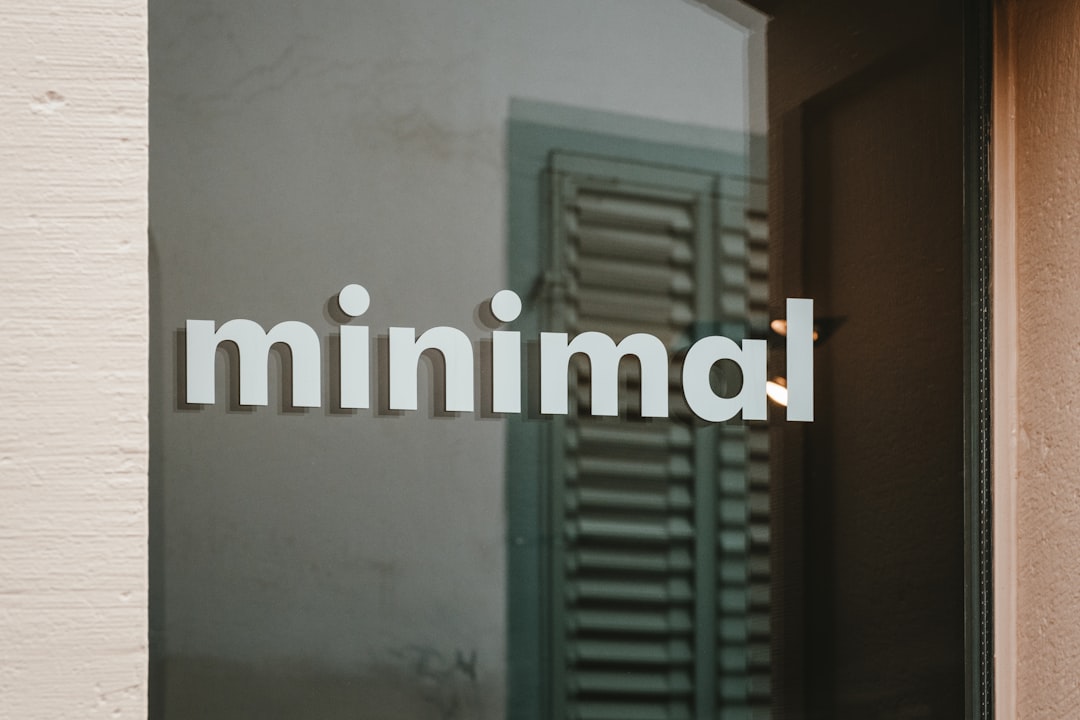Muji: The Essence of Minimalism in Modern Retail
Muji is a Japanese retail company that has gained international acclaim for its minimalist aesthetics, high-quality products, and philosophy centered on simplicity and sustainability. The name “Muji” stems from the Japanese phrase “Mujirushi Ryohin,” which translates to “no-brand quality goods.” Since its inception in the early 1980s, Muji has become a global lifestyle brand, offering an extensive range of products from stationery and furniture to apparel and food.
Origins and Philosophy
Founding Story
Muji was established in 1980 by the supermarket chain Seiyu in Tokyo, Japan. The goal was to respond to consumer demand for affordable, functional, high-quality products without the unnecessary frills and excessive packaging common in other brands. From only 40 products, its catalog has now swollen to thousands, encompassing a variety of lifestyle goods.
Core Principles
Muji’s guiding principles revolve around three main tenets:
- Selection of Materials: Focused on sourcing natural, unadulterated materials.
- Streamlining Processes: Simplified manufacturing methods to reduce waste.
- Simplification of Packaging: Minimalist packaging, often recyclable, to avoid superfluous design.
These principles not only lower costs but also create a unique, universally appealing identity.
Product Range
Muji now boasts a diverse product portfolio. Here is a breakdown of their major product categories:
| Category | Examples | Unique Features |
|---|---|---|
| Stationery | Notebooks, pens, planners | Smooth writing, simplistic design |
| Household | Storage, cleaning supplies, kitchenware | Stackability, neutral tones, high durability |
| Furniture | Sofas, beds, shelves | Modular, compact design |
| Apparel | T-shirts, knitwear, socks | Natural fibers, no conspicuous branding |
| Food | Snacks, teas, instant meals | Japanese flavors, minimal additives |
| Travel | Suitcases, pouches, travel-size toiletry | Lightweight, very functional |
| Health/Beauty | Skincare, cosmetics, wellness goods | Gentle ingredients, eco-friendly packaging |
Design Philosophy: Minimalism and Functionality
Muji’s product designs are deliberately understated, reflecting the Japanese philosophy of “Kanso” (simplicity), “Shizen” (naturalness), and “Shibui” (modest beauty). Unlike most brands, Muji shuns logos and brand colors, letting the product quality and utility speak for themselves. Their color schemes favor neutrals: whites, grays, and beiges, which blend seamlessly into any home or workspace.
Example: Muji's Stationery Innovation
Muji’s gel ink pens, for instance, have become cult favorites worldwide because of their ergonomic design and smooth writing experience—all without any flashy embellishments.
Sustainability and Environmental Impact
Sustainability is at the heart of Muji’s ethos. The company has several initiatives addressing environmental impact:
- Reduced Packaging: Many items are sold in plain or recycled packaging.
- Resource Efficiency: Use of surplus materials, such as reclaimed cotton for certain clothing lines.
- Refillable Products: Various skincare and cleaning items can be refilled, reducing plastic waste.
Sustainability Initiatives Table
| Initiative | Description | Impact |
|---|---|---|
| Minimal packaging | Simplified, often recyclable packaging materials | Less waste |
| Upcycled/recycled materials | Products using leftover cotton, plastics, and paper | Decreased resource use |
| Refill services | Bulk refill stations in some stores for detergents/shampoos | Cuts single-use waste |
| Local product sourcing | Sourcing materials and production closer to stores in some regions | Lower carbon footprint |
Global Expansion
International Reach
Muji operates over 1,000 stores worldwide, with a strong presence in Asia, Europe, and North America. The brand entered international markets in the 1990s, starting with London, England, and now reaching cities like New York, Paris, Shanghai, and Singapore.
Key Milestones
| Year | Event |
|---|---|
| 1980 | First Muji products in Seiyu supermarkets (Japan) |
| 1991 | First international store opens in London |
| 2007 | First stores open in the U.S. |
| 2020 | 1,000th Muji store opens worldwide |
Influence on Global Design and Retail
Muji’s influence is profound—its aesthetic has inspired countless designers and startups worldwide, affecting how everyday objects are conceived and sold. The growth of “no-brand” or minimal-brand products, streamlined packaging, and eco-friendly practices in global retail owes much to Muji’s pioneering efforts.
Customer Experience
Muji’s stores themselves embody minimalism: neatly arranged products, soft lighting, clear signage, and customer-centric service. This atmosphere encourages browsing and thoughtful purchasing rather than impulse buying.
Criticisms and Challenges
Despite its many strengths, Muji faces challenges such as:
- Price Point: While more affordable than luxury brands, some consider Muji’s pricing high compared to conventional mass-market products.
- Competition: The rising popularity of minimalism means more competitors, often at lower prices.
- Global Adaptation: Muji’s strictly Japanese approach does not always appeal universally; some products are better suited to Japanese culture or climate.
Future Prospects
Muji continues to evolve, advancing its goals for sustainability, digital integration, and international expansion. Its recent ventures include urban housing projects, hotel businesses, and renewable energy initiatives, suggesting that the brand will remain innovative while staying true to its roots.
Conclusion
Muji stands as a testament to the timeless appeal of minimalism and quality. Its philosophy—eliminating the unnecessary to emphasize the essential—has not only set it apart in the crowded retail landscape but also reshaped how consumers and brands view products, packaging, and even lifestyles.
Whether in a humble gel pen or a sleek modular sofa, Muji’s guiding belief remains: good design doesn’t need a logo.
References
- Official Muji Website
- “MUJI: From No Brand to Global Brand,” Harvard Business Review.
- Fiell, Charlotte & Peter. “Japanese Design Since 1945: A Complete Sourcebook.”
